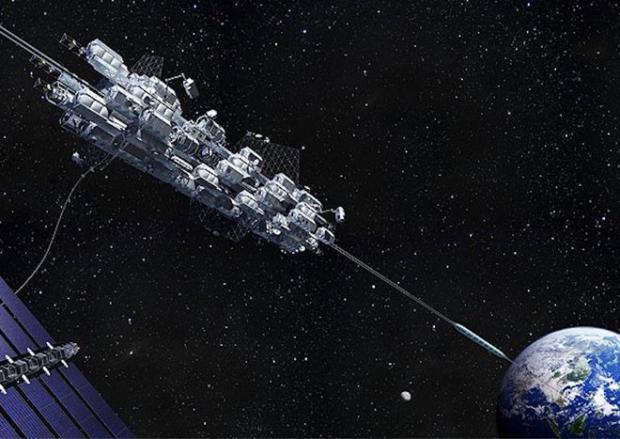
Breaking News
 Electricity Demand Is Surging, The Grid Isn't Ready: IEA
Electricity Demand Is Surging, The Grid Isn't Ready: IEA
 Bibi Seeks US Muscular Action On Iran In Seventh Meeting With Trump
Bibi Seeks US Muscular Action On Iran In Seventh Meeting With Trump
 Duffy: FAA And Military "Acted Swiftly" To Combat "Cartel Drone Incursion" On US
Duffy: FAA And Military "Acted Swiftly" To Combat "Cartel Drone Incursion" On US
 A mom was ASSAULTED by a mob of students from @IssaquahSchools...
A mom was ASSAULTED by a mob of students from @IssaquahSchools...
Top Tech News
 Drone-launching underwater drone hitches a ride on ship and sub hulls
Drone-launching underwater drone hitches a ride on ship and sub hulls
 Humanoid Robots Get "Brains" As Dual-Use Fears Mount
Humanoid Robots Get "Brains" As Dual-Use Fears Mount
 SpaceX Authorized to Increase High Speed Internet Download Speeds 5X Through 2026
SpaceX Authorized to Increase High Speed Internet Download Speeds 5X Through 2026
 Space AI is the Key to the Technological Singularity
Space AI is the Key to the Technological Singularity
 Velocitor X-1 eVTOL could be beating the traffic in just a year
Velocitor X-1 eVTOL could be beating the traffic in just a year
 Starlink smasher? China claims world's best high-powered microwave weapon
Starlink smasher? China claims world's best high-powered microwave weapon
 Wood scraps turn 'useless' desert sand into concrete
Wood scraps turn 'useless' desert sand into concrete
 Let's Do a Detailed Review of Zorin -- Is This Good for Ex-Windows Users?
Let's Do a Detailed Review of Zorin -- Is This Good for Ex-Windows Users?
 The World's First Sodium-Ion Battery EV Is A Winter Range Monster
The World's First Sodium-Ion Battery EV Is A Winter Range Monster
 China's CATL 5C Battery Breakthrough will Make Most Combustion Engine Vehicles OBSOLETE
China's CATL 5C Battery Breakthrough will Make Most Combustion Engine Vehicles OBSOLETE
Going Up? Waiting for the Space Elevator

The Japanese STARS-Me (Space Tethered Autonomous Robotic Satellite-Mini Elevator) payload arrived at the International Space Station (ISS) on Sept. 27, aboard Japan's robotic HTV-7 cargo spacecraft. The experiment was produced by researchers at Shizuoka University in Japan, in collaboration with Obayashi, a Japanese construction firm.
The experiment is scheduled to be deployed into free space sometime Saturday (Oct. 6) Japan time (which is 13 hours ahead of Eastern Daylight Time), Japanese space officials have said. The test will involve a small box (a "climber") that will move along a cable some 30 feet (9 meters) long, which will be stretched tight between two cubesats. Cameras on the mini satellites will monitor the movement of the motorized box. [Building a 'Pillar to the Sky': A Space Elevator Q&A with Author William Forstchen]



